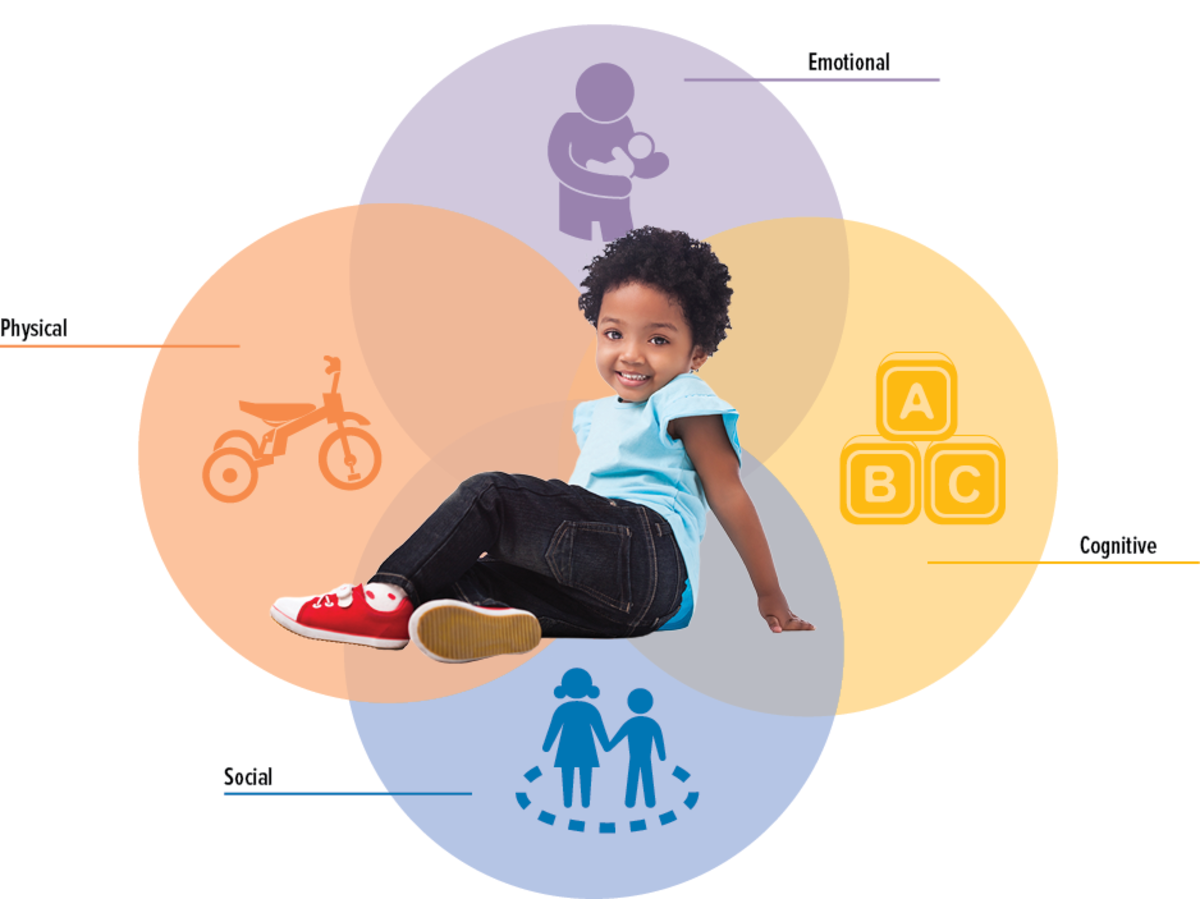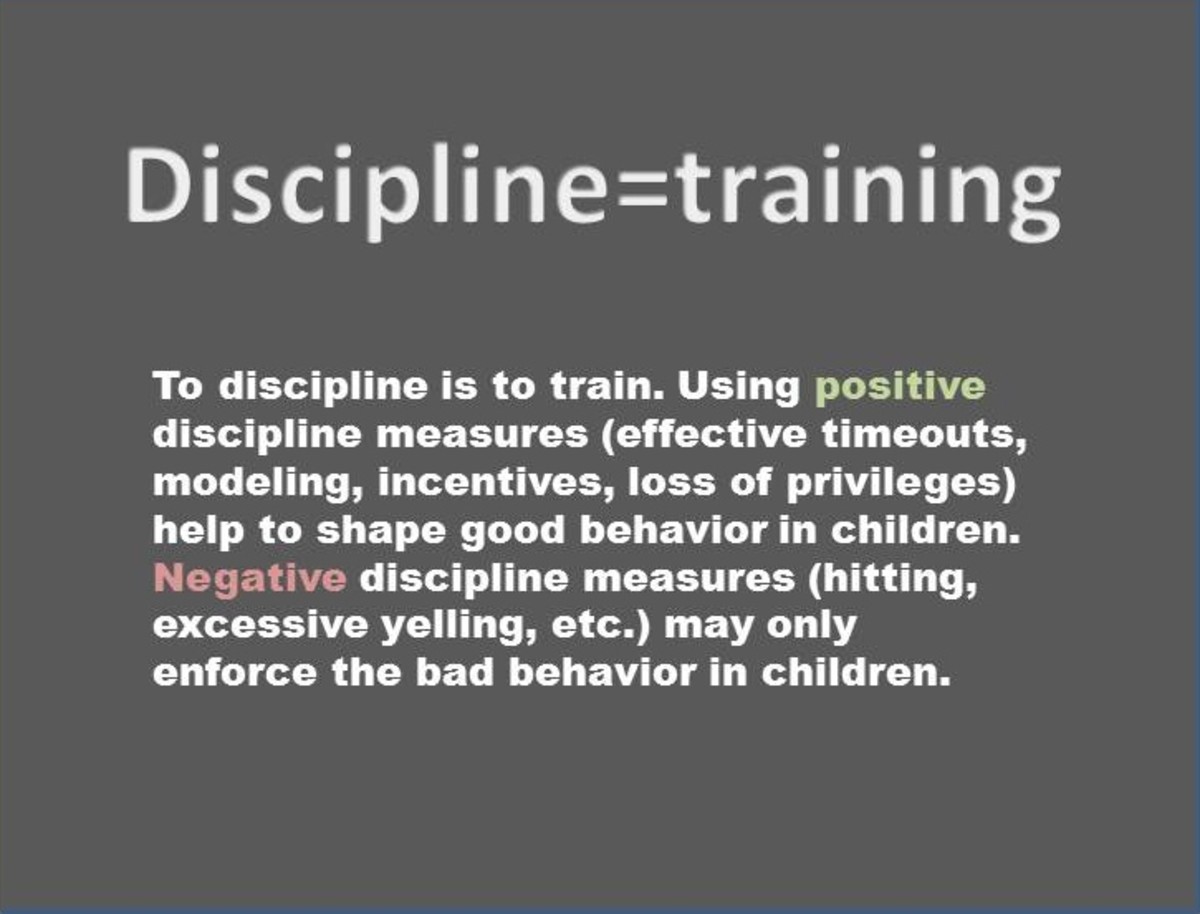Why Do Kids Kill Their Parents?

Murder in the family, although shocking and unsettling, is not uncommon. An analysis of publicly available national homicide data reveals that; when the relationships between victims and offenders were known, one of four murder victims was slain by members of his or her own family during the period 1977-1989. Approximately 1 out of 11 of these family murders involved parents being killed by their children. More than one third (36%) of parricide (the killing of one's parent), cases are accounted for by youths 19 years of age or younger, (Heide, 1989).
Beginning in the 1980's, a series of journalistic and literary accounts of youths killing their parents generated enormous interest. Other studies appeared analyzing the anthropological and psychological factors in cases where children have killed their parents.
In the overwhelming majority of findings parricide is a spontaneous, unfounded, individual act, shown to be a rational conclusion of factors, notably; severe abuse, the presence of guns in the home, and family and community ignorance, or denial of the that abuse.
The vast majority of the more than 5,000 homicides fell into three categories. Most commonly, [Heide] said, sons and daughters who killed a parent were abused at home. This was the case even more frequently among parricides involving a child under 18.
The child who kills his/her abusive parent is taking that action which is most likely (in the child's perception) to prevent him/herself from being further abused. The act is one of self-preservation. The relationship between the victim and the assassin is one in which the parent/victim abuses the child severely, pushing the child to the point of explosive violence. Professionals who have encountered or researched this find a common theme; children that kill a parent have usually been severely victimized.
In most of the parricide studies it has been found that there is a pattern of frequent assaults on the children, and all of the adolescents had either been threatened by parents with a gun or had watched other members of the family being threatened.
The second category involved children with severe mental illness, including conditions ranging from bipolar disorder to schizophrenia. This appeared more often in cases involving adult children who killed.
The third category are children with severe antisocial tendencies. Often young adults who kill one parent or both do it out of greed or anger over restrictions placed upon them. Sometimes they do it simply to buy drugs.
It has been found that killing a parent is about 2 percent of all homicides committed. Unlike homicide in general, parricide spans all social classes and is found to be more likely in middle to upper class families.
Could a behavioral profile be established that would indicate whether or not a child was predisposed to commit parricide as a result of psychological imbalances or as a result of abuse? Early detection methods, possibly instituted in the schools and the therapeutic community, could potentially save hundreds of lives each year. Not to mention the rising number of individuals who are committing suicide attacks or murdercide.








